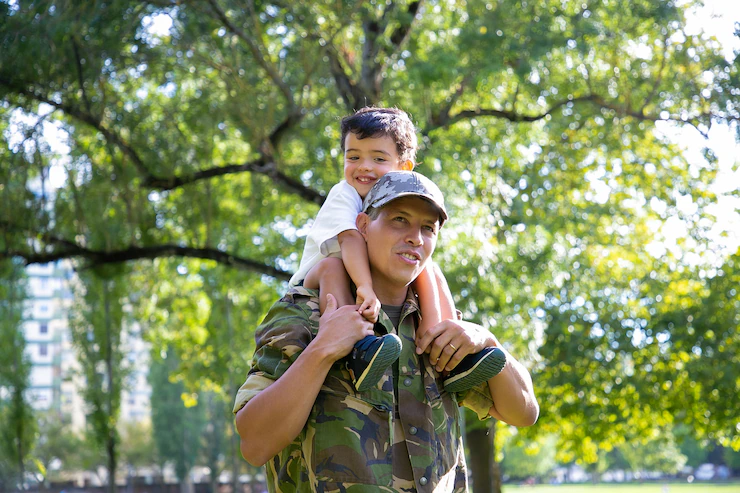Introduction:
In today’s world, empowering children with self-defense skills is more important than ever. Teaching children how to protect themselves can boost their confidence, instill a sense of security, and equip them with valuable life skills. While self-defense is not a solution to all problems, it can provide children with the tools they need to navigate potentially dangerous situations and protect themselves when necessary. In this article, we will explore the benefits of teaching children self-defense and provide some practical ways to empower them with these essential skills.
Boosting Confidence:
One of the key benefits of teaching children self-defense is the boost in confidence it provides. Learning how to defend themselves empowers children, making them less vulnerable to intimidation or bullying. Self-defense training instills a sense of self-assurance, helping children develop a positive self-image and a belief in their ability to handle challenging situations. As children become more confident in their physical abilities, they also tend to carry themselves with greater assertiveness, deterring potential threats.
Enhancing Personal Safety:
In an increasingly complex and sometimes dangerous world, children need to be prepared to protect themselves. Self-defense training equips children with essential safety skills, teaching them to identify potential risks, avoid dangerous situations, and react appropriately when faced with threats. By learning techniques such as blocking, striking, and escaping from holds, children can better protect themselves in cases of physical aggression or attempted abduction. Additionally, self-defense training emphasizes the importance of situational awareness, teaching children to be alert and observant of their surroundings, which can help them avoid dangerous scenarios altogether.
Promoting Physical Fitness and Coordination:
Engaging children in self-defense training also contributes to their physical fitness and coordination. It encourages them to lead an active lifestyle, promoting physical strength, agility, and overall wellness. Regular practice of self-defense techniques improves cardiovascular health, enhances muscle strength, and develops balance and coordination. These physical benefits extend beyond self-defense situations, positively impacting children’s overall health and well-being.
Teaching Discipline and Self-Control:
Self-defense training not only involves physical techniques but also instills important mental and emotional attributes. Children learn discipline, self-control, and respect for themselves and others through the practice of self-defense. They understand the importance of restraint and using their skills responsibly. Self-defense instructors often emphasize conflict resolution and non-violent strategies as a first line of defense. By teaching children to control their emotions and assess situations calmly, self-defense training promotes a peaceful and thoughtful approach to resolving conflicts.
Fostering Critical Thinking and Decision-Making Skills:
Self-defense training also nurtures critical thinking and decision-making skills in children. By teaching them to assess risks, analyze potential threats, and choose appropriate responses, children develop their cognitive abilities. They learn to make quick judgments, adapt to changing situations, and take decisive action when necessary. These skills extend beyond self-defense scenarios and can be applied to various aspects of their lives, including problem-solving, conflict resolution, and personal safety.
Conclusion:
Empowering children with self-defense skills is an investment in their safety, confidence, and overall development. By teaching them to protect themselves, we equip children with essential life skills that will serve them well throughout their lives. Self-defense training boosts their confidence, enhances personal safety, promotes physical fitness, and fosters discipline and critical thinking. However, it is important to emphasize that self-defense should always be used as a last resort and in accordance with the law. By combining self-defense skills with effective communication, conflict resolution, and situational awareness, we can help children navigate the world with confidence and ensure their well-being










